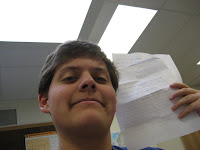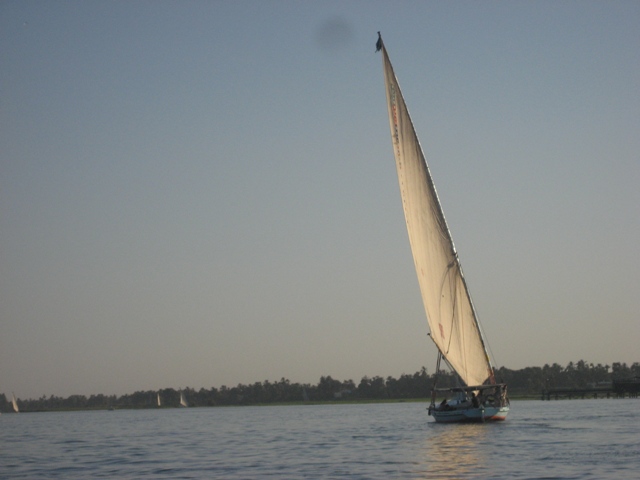The student government played the video of our Palestine trip to the whole student body during an assembly today. I'm not sure exactly how everyone took it. My goal isn't for every student to take Arabic or to change anyone's mind. I hope that Provo High can become a resource for understanding at a public school level.
I'm excited about the way we're working with the school and building a solid reputation. Here's what we've built so far.
The Arabic program here is IB (International Baccalaureate) which, like AP (Advanced Placement) demands a high level of performance and quality from students.
Kirk Belnap and Maggie Nassif at the National Middle East Language Resource Center (NMELRC) oversees our efforts and provides support and further teacher development.
I presented our Arabic program's involvement in the Palestine Exchange to the Deputy Assistant Secretary of State, Alina L. Romanowski over the Bureau of Educational and Cultural Affairs in Washington DC.
We work with and incoporate students from the national StarTalk summer program which trains high school-aged students in Arabic.
We are highly engaged in building connections with the Middle East. We work with Relief International: Schools Online to speak to Palestinian youth in Arabic. They sponsored students to travel to the region to meet the Palestinian youth. We also wrote letters to youth in Baghdad and corresponded briefly with a student living in Damascus.
We are highly engaged in our own community outreach. We have attended Utah Governor Huntsman's signing of the bill to fund critical languages. We have reached out to congressmen and women to support critical languages such as Arabic. We have reached out to local and state press and been featured in several articles. We have created an amateur documentary and a video essay of our experiences with the Middle East and Arabic specifically and shared them with a wide number of people including at today's assembly. We have distributed Arabic hoodies.
My most recent endeavor is to build up our Provo High library with quality resources in media, maps, and books to give the entire school a more unprejudiced view of peoples in the Middle East. The books should be arriving next week. I am very excited.
And yes, there are other things in the works but I am discovering that I can only reveal my successes after they have occurred.












































